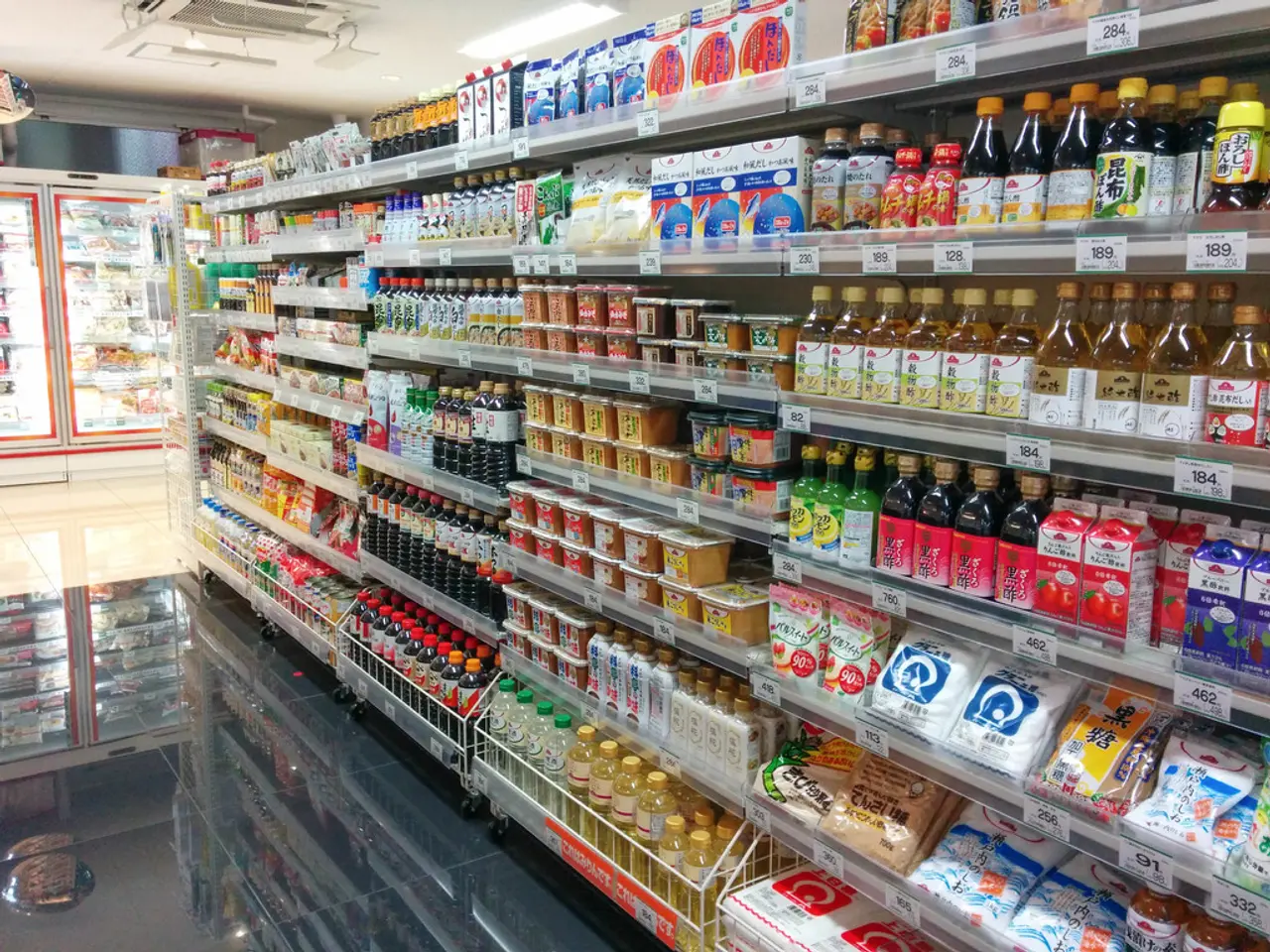After the Tariff Upheaval, casual Chat and a Dash of Conjecture, as suggested by Dilip Cherian
In the face of tariff threats from the Trump administration and a growing need for market diversification, Indian bureaucrats, often referred to as 'babus', are implementing multiple strategic measures to support Indian exporters.
The Ministry of Commerce has been abuzz with activity, with officials showing acceptance and fatigue, as well as a noticeable change in body language. The collective sigh among the officials was audible when formal tariffs were announced by the White House.
To ease the burden on exporters, the government has relaxed norms under the Export Promotion Capital Goods (EPCG) scheme. The deadline for installation certificates has been extended from six months to three years, and fees for extending export obligations have been simplified. This move reduces administrative burdens and costs for exporters, particularly in sectors where exports have declined by over 5%.
Administrative procedures have also been streamlined, and compliance costs lowered to ease exporters' operations and enhance their global competitiveness.
India is leveraging its network of approximately 280 operational Special Economic Zones (SEZs), which generated $172.2 billion in exports in 2024–25, by integrating them with Free Trade Zones. These zones attract investment, reduce costs, and improve competitiveness, providing exporters with strategic marketing support, business validation, international benchmarking, and tailored investment attraction strategies.
SEZs operating under the World Trade Center (WTC) brand benefit from global networks that offer tools for opportunity scouting, regulatory guidance, and commercial strategy design, enabling Indian exporters to tap into diverse international markets and mitigate tariff impacts through stronger global integration.
Indian bureaucrats are also actively working to preserve and expand export opportunities, particularly in large markets like the U.S., by being early movers in negotiating new Bilateral Trade Agreements (BTAs). These efforts aim to reduce tariff barriers and open new channels despite challenges posed by tariff hikes on products like steel, aluminum, and autos.
However, the bureaucracy itself is facing challenges. In 2024, 91 Indian Administrative Service (IAS) officers failed to file their Immovable Property Returns (IPRs), in addition to the 73 who did so in 2023. A parliamentary panel has demanded harsher punishments for IAS officers who fail to file their IPRs, as these filings serve as a fundamental accountability check, guarantee transparency, and avoid conflicts of interest.
The shortage of IAS officers in India stands at 1,316, with only 1,555 officers meeting the 2,077 quota for promotees. This situation has led to inefficiency, overworked officers, and delayed decision-making in administration.
In a strategic recalibration, Nidhi Tewari has been appointed as Prime Minister Narendra Modi's new private secretary, marking a generational shift and a fresh approach to navigating India's external engagements. Ms. Tewari is known for her work in disarmament and international security. Vivek Kumar, the former private secretary, is expected to be assigned to the Indian high commission in London as the deputy high commissioner.
As Indian exporters look beyond their usual suspects, Tamil Nadu, Karnataka, and Andhra Pradesh, with their serious export muscle, are eager to join in seeking new markets. Gujarat, with its Vibrant Gujarat show, is likely to lead the charge in seeking new markets for Indian exporters.
Negotiators have put in hours that would make investment bankers blush, and files were moving at a fast pace for government standards, showing the commitment of Indian bureaucrats to supporting Indian exporters in these challenging times.
The government's strategic measures, including relaxation of norms under the EPCG scheme and streamlining administrative procedures, aim to bolster the financial wellbeing of Indian exporters in the industry, as they navigate complex politics and general-news like tariff threats and market diversification.
The appointment of Nidhi Tewari as Prime Minister Narendra Modi's new private secretary marks a generational shift, signaling a greater focus on finance, diplomacy, and international business affairs to secure and expand export opportunities.




